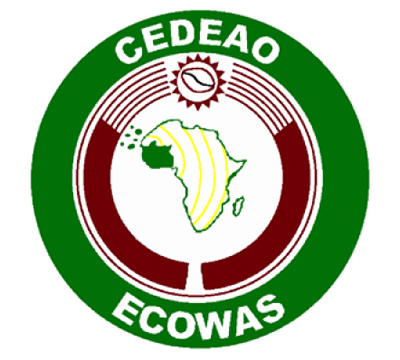Amend section 24 of Cybercrime Act – ECOWAS Court directs Nigeria
The Court's directive comes on the back of a writ, challenging the legality and compatibility of Section 24 of Nigeria's Cybercrime Act 2005.

The ECOWAS Community Court of Justice has ordered Nigeria to amend Section 24 of its Cybercrime Act to correspond with its obligations under Article 1 of the African Charter on Human and Peoples Rights (ACHPR) and the International Covenant on Civil and Political Rights (ICCPR).
In its judgment, the Court held that the Section was not in conformity with Articles 9 of the ACHPR and 19 of the ICCPR to which the country is a signatory.
The Court’s directive comes after the Registered Trustees of the Socio-economic and Accountability Project (SERAP), an NGO, filed a writ against the Federal Republic of Nigeria over its Cybercrime Act.
SERAP was challenging the legality and compatibility of Section 24 of the Cybercrime Act 2005 in relation to the guarantees of freedom of expression and information enshrined in Article 9 of the ACHPR and Article 19 of the ICCPR.
It particularly alleged that since the passage of the Act, the Nigerian State has used the provisions of the act to harass, intimidate, arrest, detain and unfairly prosecute users of social media, human rights defenders, activists, journalists, broadcasters, and bloggers who express their views considered critical of the government.
In a list of 12 high profile cases of alleged victims of harassment, intimidation, arrests, unlawful detention, and prosecutions between August 2015 and November 2018, SERAP accused the Nigerian government of cyberstalking and urged the Court to make several declarations and orders that will underscore the incompatibility of the Act with the provisions of the two international instruments.
The Nigerian government, on the other hand, urged the court to dismiss the application on grounds that the matter was pending before a national court, and that the ECOWAS Court in its competence was not concerned with the interpretation of extant laws.
The Court, however, dismissed the claims of the applicant regarding harassment, arrests, detentions, and unfair prosecutions, stating that it failed to support its claims with uncontroverted evidence.
“The Court decided that proving a claim is imperative and that adducing a list without establishing by way of evidence, the violations suffered by those listed that resulted in breach of the Respondent’s obligations cannot procure a favorable judgment before this Court,” the decision read by Justice Keikura Bangura asserted.
It also dismissed the claim for compensation and ordered both parties to bear their costs pursuant to Article 66 of the Rules of the Court.
The hearing of the case came during the 11th External Session of the Court happening at the Law Court Complex in Accra.


